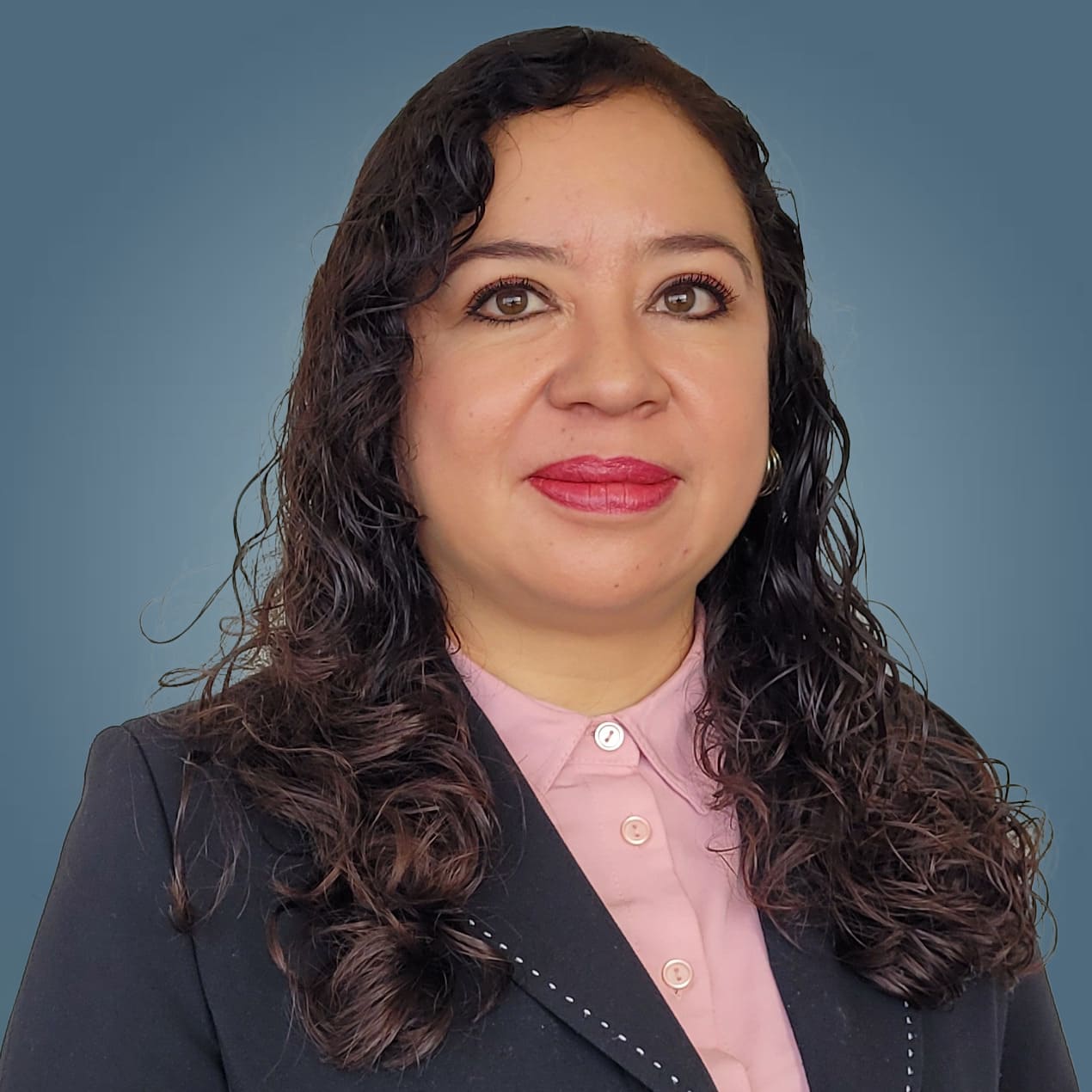DISCIPLINARY BACKGROUND
Why study the Master's Degree in Advanced Computing and Electronics?
The Master in Advanced Computing and Electronics is an interdisciplinary program where the areas of Advanced Computing and Electronics converge, cultivating two lines of generation and application of knowledge called Computational Intelligence and Electronic Systems Design with which systems in social, environmental, physical and engineering environments are studied using heuristic and analytical techniques; complex systems are investigated through biocomputing; data mining and machine learning are applied; intelligent systems are developed; an integral vision of computing and electronics is generated; systems of solar renewable energies are optimized using physical, electronic, optical and computational techniques; techniques for the acquisition, optimization, processing, sensing, analysis and description of images and signals are used; solar renewable energy systems are optimized using physical, electronic, optical and computational techniques; techniques for acquisition, optimization, processing, sensing, analysis and description of images and signals are used; electronic systems are modeled as a particular case of complex systems; and physical properties (optical and electrical) of various semiconductor, organic and inorganic materials are analyzed; all of the above to solve current problems related to health, housing, energy, ecology, education, security, through the generation and innovative application of knowledge in these areas.
General Objective
- To train leading teachers in the area of Advanced Computing and Electronics through a solid theoretical, methodological, interdisciplinary, flexible, attitudinal and complementary preparation that promotes the analysis, development and application of systems for the solution of problems in the field of computational intelligence and the design of electronic devices in a creative, innovative and reflective manner.
Specific Objectives
- Generate knowledge and skills to select, build and transfer computational intelligence methods and models through heuristic techniques and analysis of complex systems.
- Develop skills for the simulation and construction of sensors and electronic devices through physical, optical and electronic techniques.
- Promote oral and written communication skills for the dissemination of research results that favor their link with the scientific community and other sectors through the generation of scientific-technological products.
- To develop research skills for the solution of social and disciplinary problems in the field of advanced computing and electronics through the application of the phases of the scientific method with a sense of ethics and social responsibility.
Computational Intelligence
To develop quality research in the area of Computational Intelligence, through the analysis and simulation of complex systems, knowledge discovery, intelligent systems theory and innovation in intelligent systems for the selection, construction and transfer of methods and models of computational intelligence.
Electronic Systems Design
Innovate in the field of electronic systems through the design, development and application of devices for the solution of sensing, solar energy optimization, optical and image and signal acquisition and processing problems.
Basic Academic Core
Contamos con 15 docentes investigadores con grado académico de doctor.
2022
- Gonzalez-Islas, J.-C.; Dominguez-Ramirez, O.-A.; Lopez-Ortega, O.; Peña-Ramirez, J.; Ordaz-Oliver, J.-P.; Marroquin-Gutierrez, F. Crouch Gait Analysis and Visualization Based on Gait Forward and Inverse Kinematics. Appl. Sci. 2022, 12, 10197.
- Gonzalez-Islas, J. C., Dominguez-Ramirez, O. A., Castillejos-Fernandez, H., & Castro-Espinoza, F. A. (2022). Automatic recognition-based human gait analysis: A review. Pädi Boletín Científico De Ciencias Básicas E Ingenierías Del ICBI, 10(Especial3), 13-21.
- Sobrevilla-Solís, V. I., Franco-Árcega, A., Garcia-Islas, L. H., Rueda-Soriano, E., López-Morales, V., & Suárez-Cansino, J. (2022). Method for pattern identification with relational arrays in DNA sequences. Pädi Boletín Científico De Ciencias Básicas E Ingenierías Del ICBI, 10(Especial3), 22-29.
- Ramírez Zamora, J. D., Domínguez Ramírez, O. A., Sepúlveda Cervantes, G., Ramos Velasco, L. E., & Jarillo Silva, A. (2022). Adaptive haptic interface for neurorehabilitation and upper limb assisted physiotherapy. Pädi Boletín Científico De Ciencias Básicas E Ingenierías Del ICBI, 10(Especial3), 30-39.
- Molina-Ruiz, H. D., Pérez Cortez, O., Gómez Pozos, H., & Castillejos Fernández, H. (2022). Fractal dimension as part of a computational model to predict the thickness of ZnO thin films. Pädi Boletín Científico De Ciencias Básicas E Ingenierías Del ICBI, 10(Especial3), 40-47.
- Pérez-Cortés, O., Gómez-Pozos, H., & Molina-Ruiz, H. D. (2022). Metrics for authorship verification and emulation of cognitive processes. Pädi Boletín Científico De Ciencias Básicas E Ingenierías Del ICBI, 10(Especial3), 57-62.
- Molina-Ruiz, H. D., Pérez-Cortez, O., González-Vidal, J. L., & Gómez-Pozos, H. (2022). Fabrication and electrical characterization of gallium arsenide p-n junction diodes. Pädi Boletín Científico De Ciencias Básicas E Ingenierías Del ICBI, 10(Especial3), 63-68.
- Cázares-Pérez, C. A., Franco-Árcega, A., Ortega-Mendoza, R. M., Castillejos-Fernández, H., Suárez-Cansino, J., & López-Morales, V. (2022). Classification of opinions coming from the web considering the use of personal type information. Pädi Boletín Científico De Ciencias Básicas E Ingenierías Del ICBI, 10(Especial3), 94-102.
- Gómez-Gayosso, J. C., Suárez-Cansino, J., López-Morales, V., & Franco-Árcega, A. (2022). IoT system and statistical validation for student health monitoring. Pädi Boletín Científico De Ciencias Básicas E Ingenierías Del ICBI, 10(Especial3), 103-111.
- Jiménez-Morales, J. B., Suárez-Cansino, J., López-Morales, V., & Franco-Árcega, A. (2022). Internet of things and temperature and humidity variations within a site. Pädi Boletín Científico De Ciencias Básicas E Ingenierías Del ICBI, 10(Especial3), 112-119.
- Jaime-Calva, L. R., Castillejos-Fernández, H., Franco-Árcega, A., Miranda-Romagnoli, P., & Pérez-Cortés, O. (2022). Skin cancer classification using deep learning. Pädi Boletín Científico De Ciencias Básicas E Ingenierías Del ICBI, 10(Especial3), 147-152.
- Gonzalez-Islas, J.C., Dominguez-Ramirez, O.A., Lopez-Ortega, O., Alonso-Lavernia, M.A., Castro-Espinoza, F.A. (2022) Quaternions-Based Normal Gait Kinematics Model. Biosystems and Biorobotics, 28, pp. 283-291.
- Gonzalez-Islas, J.C., Dominguez-Ramirez, O.A., Lopez-Ortega, O., Castro-Espinoza, F.A., Alonso-Lavernia, M.A. (2022) Gait Analysis for Normal and Crouch Gaits Applying No-Common Metrics in the Cartesian Space. Biosystems and Biorobotics, 28, pp. 317-326.
2021
- Márquez-Vera, M.A., Ramos-Velasco, L.E., López-Ortega, O., ...Ramos-Fernández, J.C., Ortega-Mendoza, R.M. (2021) Inverse fuzzy fault model for fault detection and isolation with least angle regression for variable selection. Computers and Industrial Engineering, 159.
- Márquez-Vera, M.A., López-Ortega, O., Ramos-Velasco, L.E., ...Ramos-Fernández, J.C., Hernández-Salazar, J.A. (2021) Adaptive threshold PCA for fault detection and isolation. Journal of Robotics and Control, 2(3), pp. 119-125.
- Gonzalez-Islas, J.-C., Dominguez-Ramirez, O.-A., Lopez-Ortega, O., Paredes-Bautista, R.-D., Diazgiron-Aguilar, D. (2021) Machine Learning Framework for Antalgic Gait Recognition Based on Human Activity. Lecture Notes in Computer Science (including subseries Lecture Notes in Artificial Intelligence and Lecture Notes in Bioinformatics), 13068 LNAI, pp. 228-239.
- Márquez-Vera, M.A., López-Ortega, O., Ramos-Velasco, L.E., ...Fernández-Neri, B.J., Zúñiga-Peña, N.S. (2021) Fault diagnosis in industrial process by using LSTM and an elastic net | Diagnóstico de fallas mediante una LSTM y una red elástica. RIAI - Revista Iberoamericana de Automatica e Informatica Industrial, 18(2), pp. 164-175.
- Franco-Arcega, A., Sobrevilla-Solis, V.I, Gutiérrez-Sánchez, M.J., García-Islas, L.H., Suárez-Navarrete, A., Rueda-Soriano, E. (2021) Teaching system for the k-means clustering technique. Pädi Boletín Científico del Instituto de Ciencias Básicas e Ingeniería del ICBI, Vol. 9, No. 17, pp. 53-58.
- García-Islas, L.H., Franco-Arcega, A., Franco-Sánchez, K.D. (2021) DNA sequence compression and decompression algorithm for use in protein translation. Pädi Boletín Científico del Instituto de Ciencias Básicas e Ingeniería del ICBI, Vol. 9, No. 17, pp. 39-45.
- Mejía-Hernández, F.G., Hernández-Ortíz, O.J., Muñoz-Pérez, F.M., Martínez-Pérez, A.I., Vázquez-García, R.A., Vera-Cárdenas, E.E., Ortega-Mendoza, J.G., Veloz-Rodríguez, M.A., Rueda-Soriano, E. and Alemán-Ayala, K. (2021) Mechanochemical synthesis, linear and nonlinear optical properties of a new oligophenyleneimine with indole terminal moiety for optoelectronic application. Journal of Materials Science: Materials in Electronics, 32(5).
- Ibarra-García, V.G., Sánchez-Mendoza, A.V., Mendoza-Anaya, D., Vázquez-García, R.A, Alemán-Ayala, K., Ramírez-Cardona, M. and Castaño-Meneses, V.M. (2021): One step mechanosynthesis of graphene oxide directly from graphite. Fullerenes, Nanotubes and Carbon Nanostructures, 29(5), 352-364.
- González-Vidal, J.L, Veloz-Rodríguez, M.A., Lira-Hernández, I.A., García-Rivera, M., Vázquez-García R.A., Raygoza-Pandur, J.J. (2021) Fin-type field effect nano transistors for digital applications. Pädi Boletín Científico del Instituto de Ciencias Básicas e Ingeniería del ICBI, Vol. 9, No. 17, pp. 99-105.
- Hernandez, A.G., Olvera, M., Pérez-Cortes, O., Gómez-Pozos, H, Karthik, T.V.K. (2021) Paracetamol-Assisted Self-Assembled ZnO Porous Microstructures for Enhanced CO2 Detection. Journal of Electronic Material, 4.
- Ayala-Solares, H.A., ... Miranda-Romagnoli, P., Noriega-Papaqui, R., ... et al. [HAWC and IceCube Collaborations] (2021) Multimessenger Gamma-Ray and Neutrino Coincidence Alerts Using HAWC and IceCube Subthreshold Data, The Astrophysical Journal, 906(63), 10pp.
2020
- Nebot, A., Mugica, F., Castro-Espinoza, F. (2020) An e-Learning toolbox based on rule-based fuzzy approaches. Applied Sciences (Switzerland), 10(19), 6762.
- Rueda-Soriano, E., Franco-Arcega, A., Alemán-Ayala, K., González-Vidal, J.L., Castro-Espinoza, F.A., Jiménez-Mendoza, A.N. (2020) Infrared thermometer, ally and not enemy. An analysis through its physical fundamentals. The University before its educational and social commitment. Its experiences, challenges and perspectives in the face of the pandemic generated by COVID-19. Pp. 592-601.
- González-Islas, J.C., López-Ortega, O., Ramírez, O.A.D. (2020) Biped gait analysis based on forward kinematics modeling using quaternions Algebra. Revista Mexicana de Ingeniería Biomédica, 41(3), pp. 56-71.
- López-Ortega, O., Pérez-Cortés, O., Castillejos-Fernández, H., Castro-Espinoza, F.-A., González-Mendoza, M. (2020) Written documents analyzed as nature-inspired processes: Persistence, anti-persistence, and random walks-we remember, as along came writing-T. Holopainen. Applied Sciences (Switzerland), 10(18), 6354.
- Albert, ... Miranda-Romagnoli, P., Noriega-Papaqui, R., ... et al. [HAWC Collaboration] (2020) HAWC and Fermi-LAT Detection of Extended Emission from the Unidentified Source 2HWC J2006+341, The Astrophysical Journal Letters, 903:L14. 6pp.
- Jorge Enrique Lorenzo Rivasa, Heydy Castillejos Fernandez. Analysis and development of a solution oriented to cellular networks with emphasis on automotive safety and the Internet of Everything. Padi Semiannual Publication Vol. 7 No.14, pp. 23-29, 2020.
- A. Albert,... P. Miranda-Romagnoli,..., R. Noriega-Papaqui,..., et al. [HAWC Collaboration], "Constraints on the emission of gamma rays from 31 with HAWC", Accepted for publication in The Astrophysical Journal, 2020.
2019
- A.U. Abeysekara, ... P. Miranda-Romagnoli, ..., R. Noriega-Papaqui, ..., et al. [HAWC Collaboration], "Measurement of the Crab Nebula at the Highest Energies with HAWC," May 29, 2019. 16 pp. Published in Astrophys.J. 881 (2019) 134.
- Castañeda-Miranda, A., Alemán-Ayala, K., Castaño-Meneses, V.M. The development of a new virtual croplands erosion measurement system using three-dimensional laser scanner and empirical Kostiakov-Lewis models. Optics and Laser Technology, 117, pp. 316-332, 2019.
- García-Islas, L.H., Franco-Arcega, A., Quiroz-Gutierrez, J.A and Franco-Sánchez, K.D. Frequent pattern mining for the testing of Susumu Ohno's rules and their use in the identificacioń of evolution of organisms. Pädi Scientific Bulletin of Basic and Engineering Sciences of ICBI, Vol 7, No. 13, pp. 84-89, 2019.
- Herrera-Alcántara, O., Barrera-Animas, A.Y., González-Mendoza, M., Castro-Espinoza, F. Monitoring student activities with smartwatches: On the academic performance enhancement. Sensors (Switzerland) 19(7), 1605, 2019.
- Juan Carlos Gonzalez-Islas, Omar Arturo Dominguez-Ramirez, Omar Lopez- Ortega, Gildardo Godinez-Garrido, Heydy Castillejos-Fernandez. A Proposal for Human Gait Analysis, 4th Pan-American Interdisciplinary Conference (PIC), 06-08 November, Mexico City, Mexico, Proceedings, pp 138, 2019.
- López-Ortega, O., Castro-Espinoza, F., Fuzzy similarity metrics and their application to consensus reaching in group decision making. Journal of Intelligent and Fuzzy Systems, 36 (4), pp. 3095-3104, 2019.
- Miguel Angel Amado-Briseño, Luis Ángel Zárate-Hernández, Karina Alemán-Ayala, Oscar Coreño Alonso, Julián Cruz-Borbolla, José Manuel Vásquez-Pérez, Víctor Esteban Reyes-Cruz, María Aurora Veloz-Rodríguez, Esteban Rueda-Soriano, Thangarasu Pandiyan and Rosa Ángeles Vázquez-García. Mechanosynthesis of Photochromic Oligophenyleneimines: Optical, Electrochemical and Theoretical Studies. Molecules , 24, 849; 1-13, 2019.
2018
- A.Albert, ... P. Miranda-Romagnoli, ..., R. Noriega-Papaqui, ..., et al. [HAWC Collaboration], "Constraints on Spin-Dependent Dark Matter Scattering with Long-Lived Mediators from TeV Observations of the Sun with HAWC", Aug 16, 2018. 11 pp. Published in Phys.Rev. D98, 2018.
- Casallas-Moreno, Y.L., Cardona, D., Ortega, E., Hernández-Gutiérrez, C.A., Gallardo-Hernández, S., Hernández-Hernández, L.A., Gómez-Pozos, H., Ponce, A., Contreras-Puente, G., López-López, M. High cubic phase purity and growth mechanism of cubic InN thin-films by Migration Enhanced Epitaxy. Thin Solid Films 647, pp. 64-69, 2018.
- Chávez-Vargas, E., Jayaraman, V.K., Karthik, T.V.K., Olvera, M.L., Vega-Pérez, J., Jiménez-González, A., Maldonado, A., López-Ortega, O., Gómez-Pozos, H. Effect of doping concentration, solvent proportions and solution aging on the figure of merit of chemically sprayed ZnO:F thin films. Journal of Materials Science: Materials in Electronics 29(18), pp. 15821-15828, 2018.
- López-Ortega, O., Castro-Espinoza, F., Pérez-Cortés, O. An intelligent multi-agent system to create and classify fractal music. Computing 100(7), pp. 671-688, 2018.
- López-Ortega, O., Pérez-Cortés, O., Castro-Espinoza, F., Montes and Gómez, M. An agent-based system to assess readability and cognitive depth of scientific texts. Lecture Notes in Computer Science 10633 LNAI, pp. 69-81, 2018.
- Suárez-Cansino, J., Franco-Árcega, A., Flores-Flores, L.G., López-Morales, V., Gabbasov, R. A time complexity analysis to the pardtlt parallel algorithm for decision tree induction. Lecture Notes in Computer Science 11288 LNAI, pp. 244-256, 2018.
- Hernández-Pérez, R., Gabbasov, R., Suárez-Cansino, J., López-Morales, V., Franco-Árcega, A. Efficiency analysis of particle tracking with synthetic PIV using SOM. Lecture Notes in Computer Science 11288 LNAI, pp. 136-153, 2018.
- Ortega-Mendoza, R.M., López-Monroy, A.P., Franco-Arcega, A., Montes-y-Gómez, M. Emphasizing personal information for Author Profiling: New approaches for term selection and weighting. Knowledge-Based Systems 145, pp. 169-181, 2018.
- Vargas-Ruíz, L., Franco-Arcega, A., and Alonso-Lavernia, M.A. A Novel Criterion to Obtain the Best Feature Subset from Filter Ranking Methods. Lecture Notes Computer Science, Vol 10880, pp. 12-22, 2018.
- PATENT: Rosa Angeles Vázquez García, Karina Alemán Ayala, Víctor Manuel Castaño Meneses, Víctor Gerardo Ibarra García. One-step method for the production of graphene oxide from graphite. Mx/a/2018/015685; Mx/E/2018/093372. 14 December 2018.
2017
- Armando Irvin Martínez Pérez, Francisco Germán Mejía Hernández, Karina Alemán Ayala, Edgar Ernesto Vera Cárdenas, Gilgamesh Luis Raya and Rosa Angeles Vázquez García. Obtaining imine-type organic semiconductor in solid phase. Multidisciplinary Sciences. Proceedings TIII-©ECORFAN-Mexico, Pachuca, pag. 1-9, 2017.
- A.U. Abeysekara, ... P. Miranda-Romagnoli,..., R. Noriega-Papaqui,..., et al. [HAWC Collaboration], "Data Acquisition Architecture and Online Processing System for the HAWC gamma-ray observatory", Nucl. Instrum.Meth.A, Vol. 888, pp.138-146, 2017.
- Castillejos-Fernandez, H., Lopez-Ortega, O., Castro-Espinoza, F., Ponomaryov, V. An intelligent system for the diagnosis of skin cancer on digital images taken with dermoscopy. Acta Polytechnica Hungarica 14(3), pp. 169-185, 2017.
- Cruz-Guerrero, R., Alonso-Lavernia, M.A., Franco-Arcega, A. and Simón-Marmolejo, I. Study of the behavior of classification algorithms according to the nature of the data. Journal of Information Technology, Vol 2, pp. 9-18, 2017.
- Gómez-Pozos, H., Karthik, T.V.K., de la L. Olvera, M., Barrientos, A.G., Cortés, O.P., Vega-Pérez, J., Maldonado, A., Pérez-Hernández, R., Rodríguez-Lugo, V. ZnO thin films as propane sensors: Band structure models to explain the dependence between the structural and morphological properties on gas sensitivity. Journal of Physics and Chemistry of Solids 106, pp. 16-28, 2017.
- M. A. Amado Briseño, F. G. Mejía Hernández, V. Rodríguez Lugo, K. Alemán Ayala, A. I. Martínez Pérez, O. Coreño Alonso, R. A. Vázquez García. Mechanosynthesis of a conjugated oligophenyleneimine with photochromic properties. Avance de la Ciencia en México, CIO , Vol. 5, pag. 2463-2467, 2017.
- Tangirala, V.K.K., Gómez-Pozos, H., Rodríguez-Lugo, V., de la Luz Olvera, M. A study of the CO sensing responses of Cu-, Pt- and Pd-activated SnO 2 sensors: Effect of precipitation agents, dopants and doping methods. Sensors (Switzerland) 17(5), 1011, 2017.
- V. Rodríguez-Lugo, E. Salinas Rodríguez, R. A. Vázquez, K. Aleman and A. L. Rivera. Hydroxyapatite synthesis from a starfish and b-tricalcium phosphate using a hydrothermal method. RSC Adv., 7, 7631, 2017.
2016
- A.U. Abeysekara, ... P. Miranda-Romagnoli,..., R. Noriega-Papaqui,..., et al. [HAWC Collaboration], "Search for TeV Gamma-Ray Emission from Point-like Sources in the Inner Galactic Plane with a Partial Configuration of the HAWC Observatory", The Astrophysical Journal, Vol. 817, 1, 2016.
- Castillejos-Fernandez, H., Franco-Arcega, A., Lopez-Ortega, O. Computer-aided diagnostic approach of dermoscopy images acquiring relevant features. Proceedings of SPIE - The International Society for Optical Engineering 9971, 2016.
- Castaneda-Miranda, A., Pescador-Rojas, J.A., Aleman-Ayala, K., Castano-Meneses, V.M. An innovative embedded radiometry system for biomedical applications: Case mathematical model for measuring thermal properties. International Conference on Mechatronics, Electronics, and Automotive Engineering, ICMEAE 7796028, pp. 38-43, 2016.
- Gómez-Pozos, H., Arredondo, E.J.L., Álvarez, A.M., Biswal, R., Kudriavtsev, Y., Pérez, J.V., Casallas-Moreno, Y.L., Amador, M.L.O. Cu-Doped ZnO thin films deposited by a sol-gel process using two copper precursors: Gas-sensing performance in a propane atmosphere. Materials 9(2), 87, 2016.
- Ortega-Mendoza, R.M., Franco-Arcega, A., López-Monroy, A.P. and Montes-y-Gómez, M. I, Me, Mine: The Role of Personal Phrases in Author Profiling. Lecture Notes in Computer Sciences, Vol 9822, pp. 110-122, 2016.
- Vázquez-Monroy, F., García-Barrientos, A., Hoyo-Montaño, J.A., Valencia-Palomo, G., Gómez-Pozos, H., Bernal, J.L. Fabrication and Characterization of CdS Thin Film Synthesized by CBD Deposited from pH-Controlled Growth Solutions for Solar Cells Applications. Metallography, Microstructure, and Analysis 5(1), pp. 62-68, 2016.
2015
- A. Franco-Arcega, M.J. Guttierrez-Sánchez, A. Sánchez-Navarrete. Learning styles analysis based on pattern recognition techniques. Research in Computing Science, Vol 100, pp. 19-26, 2015.
- Armando I. Martínez Pérez, Oscar Coreño Alonso, Julián Cruz Borbolla, José M. Vásquez-Pérez, Juan Coreño Alonso, Karina Alemán Ayala, Gabriel Luna-Bárcenas, Thangarasu Pandiyan and Rosa A. Vázquez García, Synthesis of Photochromic Oligophenylenimines: Optical and Computational Studies, Molecules 20, 5440-5455, 2015.
- A.U. Abeysekara, ... P. Miranda-Romagnoli,..., R. Noriega-Papaqui,..., et al. [HAWC Collaboration], "Search for gamma-rays from the unusually bright GRB 130427A with the HAWC Gamma-ray Observatory", Astrophysical Journal, Vol. 800, pp. 78-83, 2015.
- López-Ortega, O., Franco-Árcega, A. Analysis of psychoacoustic responses to digital music for enhancing autonomous creative systems. Applied Acoustics 89, pp. 320-332, 2015.
- Calderόn, J., Lόpez-Ortega, O., Castro-Espinoza, F.A. A multi-agent ensemble of classifiers. Lecture Notes in Computer Science 9413, pp. 499-508, 2015.
National
1. Educational Institutions
- Benemérita Universidad Autónoma de Puebla (Autonomous University of Puebla)
- Center for Research and Advanced Studies CINVESTAV - National Polytechnic Institute
- Center for Research in Optics, A.C.
- Applied Chemistry Research Center
- School of Mechanical and Electrical Engineering - Instituto Politécnico Nacional
- Monterrey Institute of Technology and Higher Education - Estado de México Campus
- Interdisciplinary Professional Unit of Biotechnology - Instituto Politécnica Nacional
- Autonomous Metropolitan University
- Polytechnic University of Tulancingo
- Technological University of the Sierra Hidalguense
2. Companies
- Efecto Digital Interactivo S.A. de C.V.
International:
- King Juan Carlos University
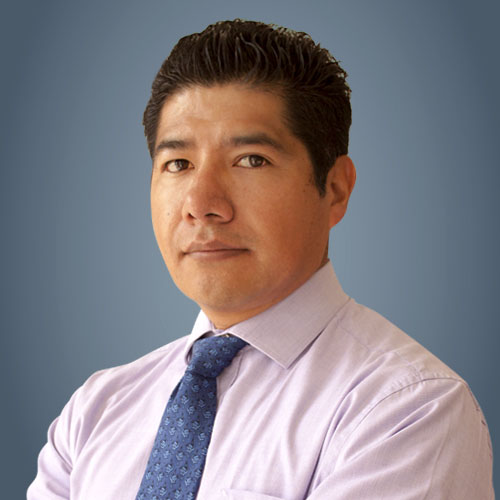
Dr. Obed Pérez Cortés
obed_perez@uaeh.edu.mx
SNII: I
PRODEP: Vigente
LGAC: Diseño de Sistemas Electrónicos e Inteligencia Computacional
Dra. Karina Alemán Ayala
karina_aleman@uaeh.edu.mx
SNII: SNI I
PRODEP: Vigente
LGAC: Diseño de Sistemas Electrónicos
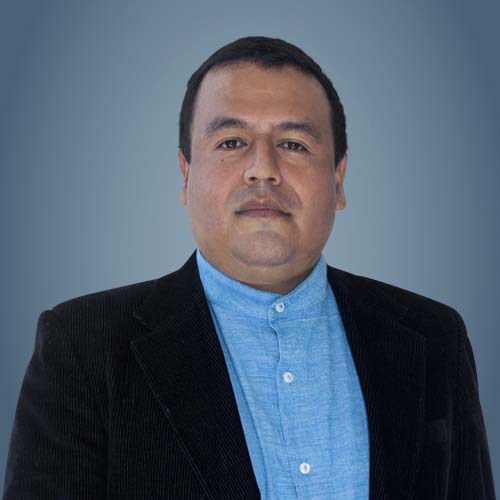
Dr. Roberto Noriega Papaqui
rnoriega@uaeh.edu.mx
SNII II
PRODEP: Vigente
LGAC: Inteligencia Computacional y Diseño de Sistemas Electrónicos
Dr. Anilu Franco Arcega
afranco@uaeh.edu.mx
PRODEP: Current
LGAC: Computational Intelligence
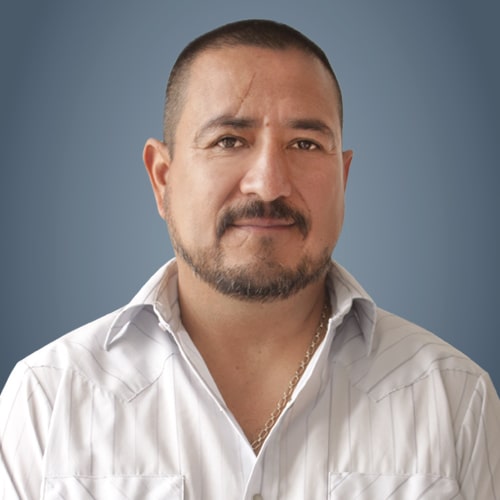
Dr. Félix Agustín Castro Espinoza
fcastro@uaeh.edu.mx
SNII: I
PRODEP: Vigente
LGAC: Inteligencia Computacional
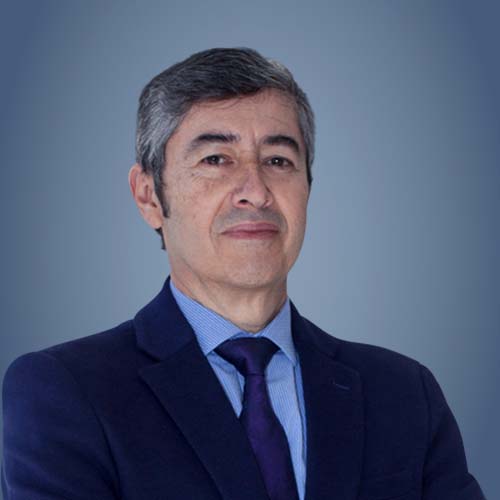
Dr. Pedro A. Miranda Romagnoli
pmiranda@uaeh.edu.mx
SNII: I
PRODEP: Vigente
LGAC: Diseño de Sistemas Electrónicos
Dr. Heberto Gómez Pozos
gpozos@uaeh.edu.mx
SNII: I
PRODEP: Vigente
LGAC: Diseño de Sistemas Electrónicos
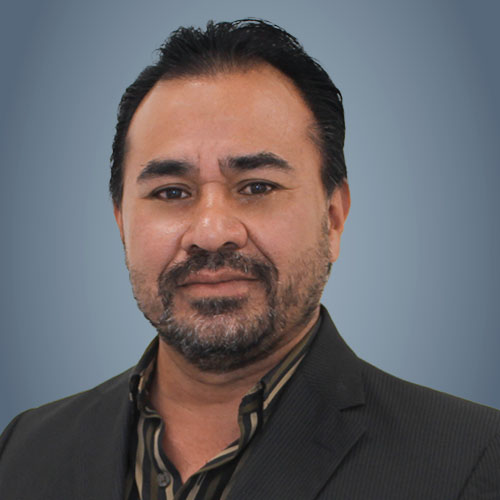
Dr. Omar Arturo Domínguez Ramírez
omar@uaeh.edu.mx
SNII: I
PRODEP: Vigente
LGAC: Diseño de Sistemas Electrónicos
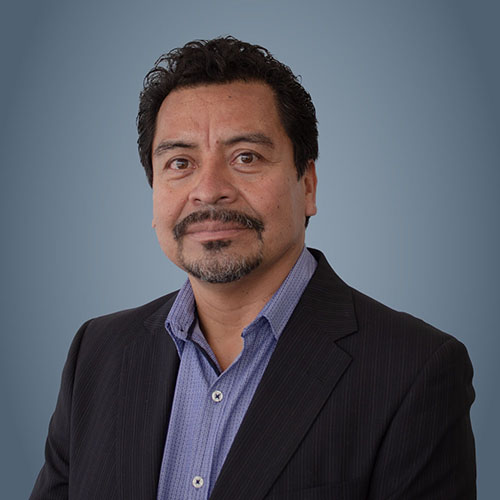
Dr. Virgilio López Morales
virgilio@uaeh.edu.mx
SNII: I
PRODEP: Vigente
LGAC: Inteligencia Computacional y Diseño de Sistemas Electrónicos
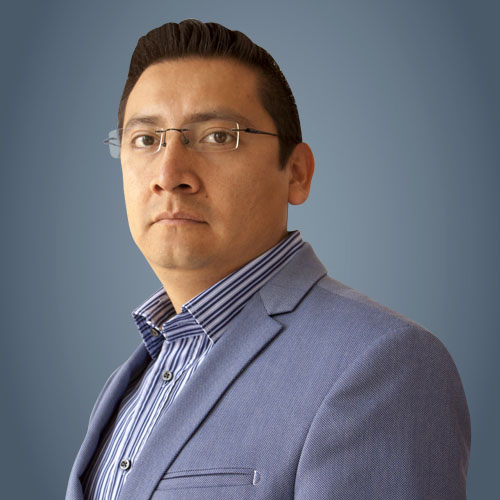
Dr. Esteban Rueda Soriano
estebanrs@uaeh.edu.mx
SNII: I
PRODEP: Vigente
LGAC: Diseño de Sistemas Electrónicos
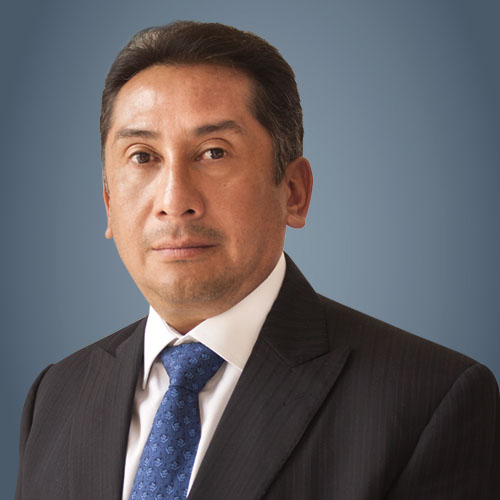
Dr. José Luis González Vidal
jlvidal@uaeh.edu.mx
PRODEP: Current
LGAC: Electronic Systems Design
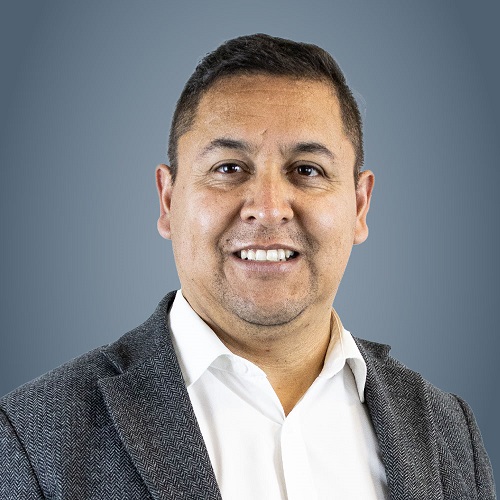
Dr. Juan Carlos González Islas
jlvidal@uaeh.edu.mx
SNII: I
PRODEP: Vigente
LGAC: Computación inteligente para sistemas complejos / Desarrollo de ambientes virtuales
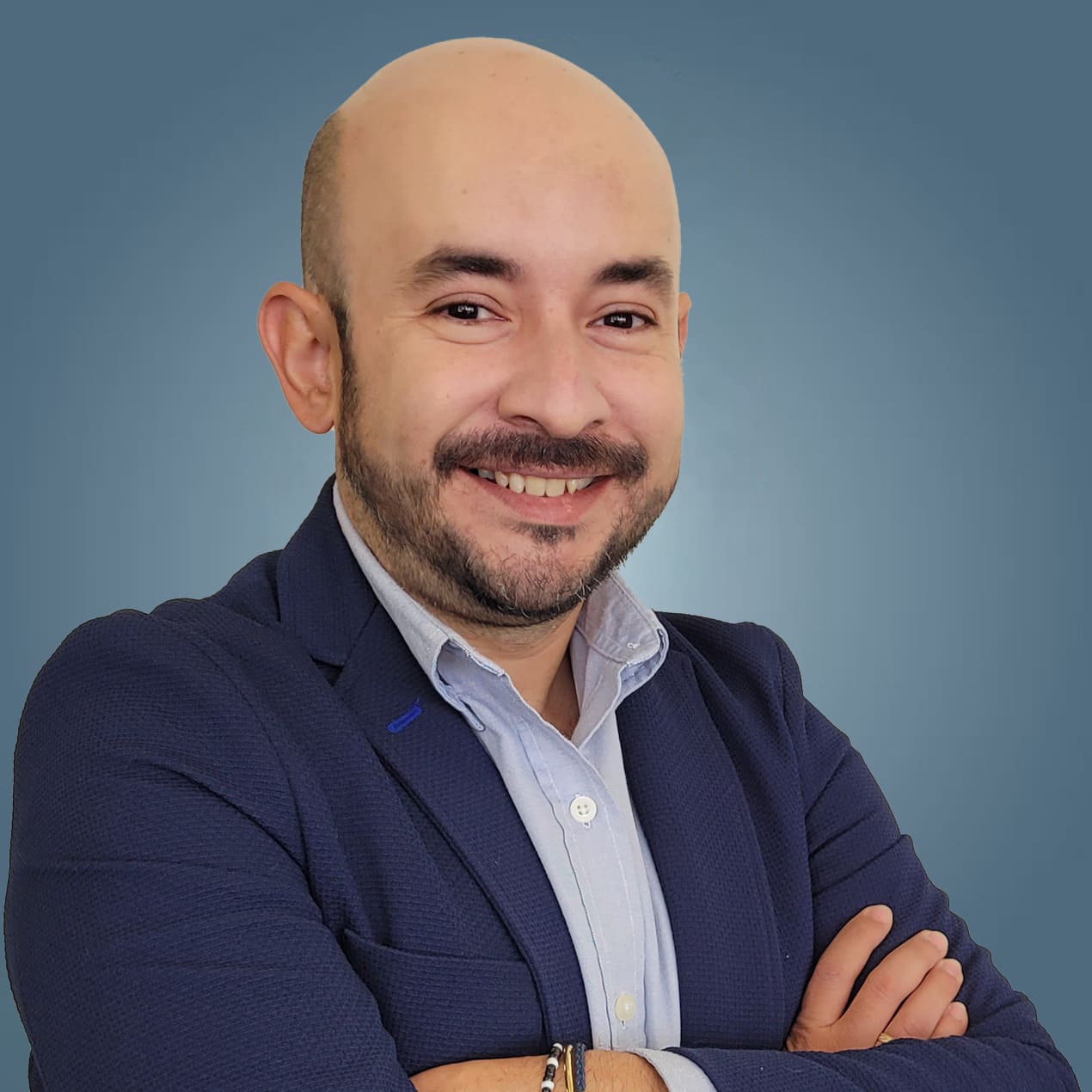
Dr. Aldo Márquez Grajales
aldo_marquez@gmail.com
SNII: I
LGAC: Computación inteligente para la solución de sistemas complejos
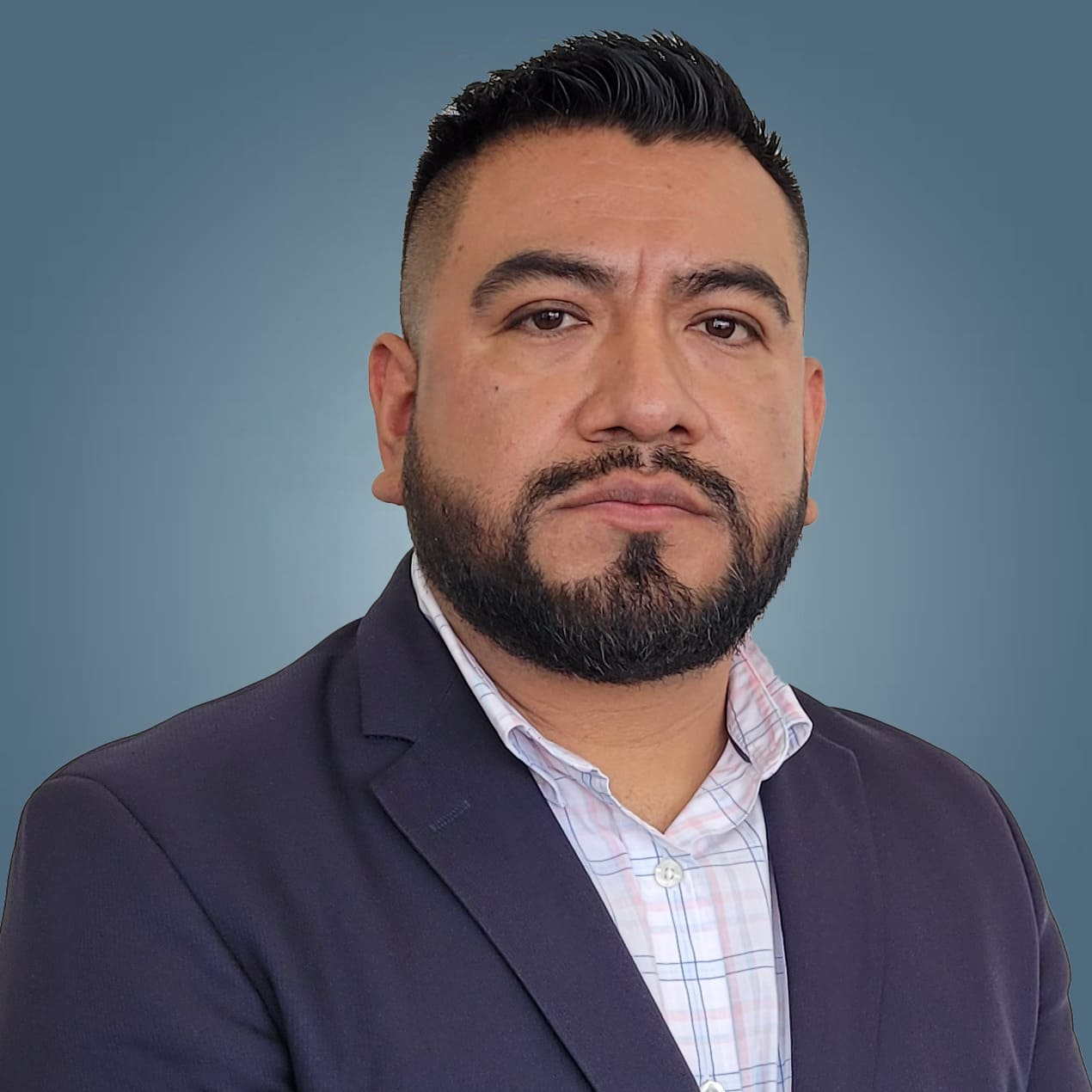
Dr. Manuel Alejandro Ojeda Misses
manuel_ojeda@uaeh.edu.mx
SNII: C
PRODEP: Vigente
LGAC: Inteligencia Computacional y Diseño de Sistemas Electrónicos
